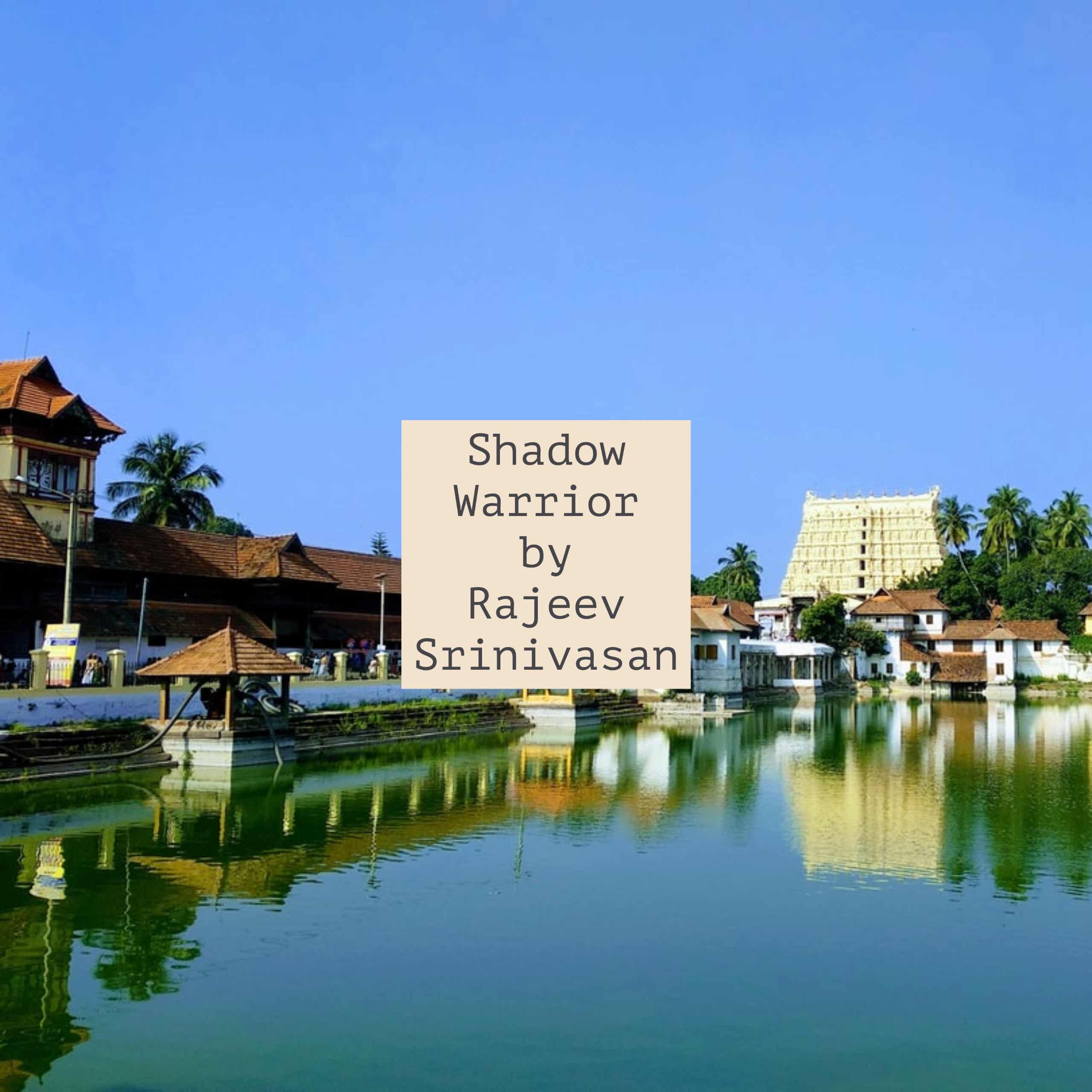Ep. 121: generative AI creates challenges in Intellectual Property and Epistemology
Description
It is fairly obvious that the dominant, i.e. Western mechanism for generating new knowledge is rather different from the traditional Indian mechanism, and this shows up in all sorts of ways. One is that Indian epistemology seems to be empirical and practical, based on observation; whereas the Western tradition seems to prefer grand theories that must then be proved by observation.
Another difference is the Western idea that Intellectual Property is a private right that the State confers on an inventor or a creator. The Western gaze is fixed on the potential monetary gains from a monopoly over the use of the IP Right (for a fixed period of time, after which it is in the public domain): the argument is that it eventually helps everybody, while incentivizing the clever.
The Indian concept is vastly different. It was assumed that a creator created, or an inventor invented, as a result of their innate nature, their god-given gifts. In a way they could not avoid being creative or inventive, which would be a negation of the blessing they had received from the Supreme Brahman. Therefore no further incentive was needed: benevolent patrons like kings or temples would take care of their basic needs, allowing them to give free rein to creativity and innovation.
This seems to us today to be a radical idea, because we have been conditioned by the contemporary epistemological idea that incentives are a necessary condition for knowledge creation. Although this seems common-sensical, there is no real evidence that this is true. Petra Moser, then at MIT, discovered via comparing 19th century European countries that the presence of an IPR culture with incentives made little difference in the quantum of innovation, although it seemed to change the domains that were the most innovative..
In fact, there is at least one counter-example: that of Open Source in computing. It boggles the imagination that veritable armies of software developers would work for free, nights and weekends, in addition to their full-time jobs, and develop computing systems like Linux that are better than the corporate versions out there: the whole “Cathedral and Bazaar” story as articulated by Eric Raymond. Briefly, he argues that the chaotic ‘bazaar’ of open source is inherently superior to the regimented but soul-less ‘cathedral’ of the big tech firms.
It is entirely possible that the old Indian epistemological model is efficient, but the prevailing model of WIPO, national Patent Offices, and all that paraphernalia massively benefits the Western model. As an example, the open-source model was predicted to make a big difference in biology, but that effort seems to have petered out after a promising start. Therefore we are stuck for the foreseeable future with the IP model, which means Indians need to excel at it.
In passing, let us note that the brilliant Jagdish Chandra Bose was a pioneer in the wireless transmission of information, including the fundamental inventions that make cellular telephony possible. However, as a matter of principle, he refused to patent his inventions; Guglielmo Marconi did, and became rich and famous.
India has traditionally been quite poor in the number of patents, trademarks, copyrights, geographical indications, semiconductor design layouts etc. that it produces annually. Meanwhile the number of Chinese patents has skyrocketed. Over the last few years, the number of Indian patents has grown as the result of focused efforts by the authorities, as well as the realization by inventors that IP rights can help startup firms dominate niche markets.
India also produces a lot of creative works, including books, films, music and so on. The enforcement of copyright laws has been relatively poor, and writers and artistes often do not get fair compensation for their work. This is deplorable.
Unfortunately, things will get a lot worse with generative AI. Most of us have heard of, and probably also tried out, the chatbots that have
More Episodes
A version of this essay has been published by firstpost.com at https://www.firstpost.com/opinion/opinion-what-makes-trump-a-better-candidate-for-india-and-world-13831800.html
An AI-generated (courtesy notebookLM.google.com) podcast based on this essay is here:
In all humility, I accept that my...
Published 11/03/24
The potential consequences of a Trump presidency for India span multiple dimensions, including military, economic, trade, cultural, financial, and social aspects. Here’s an overview of these impacts:
Military and Geopolitical Implications
- Defense Ties: Under Trump, India may continue to...
Published 10/27/24


